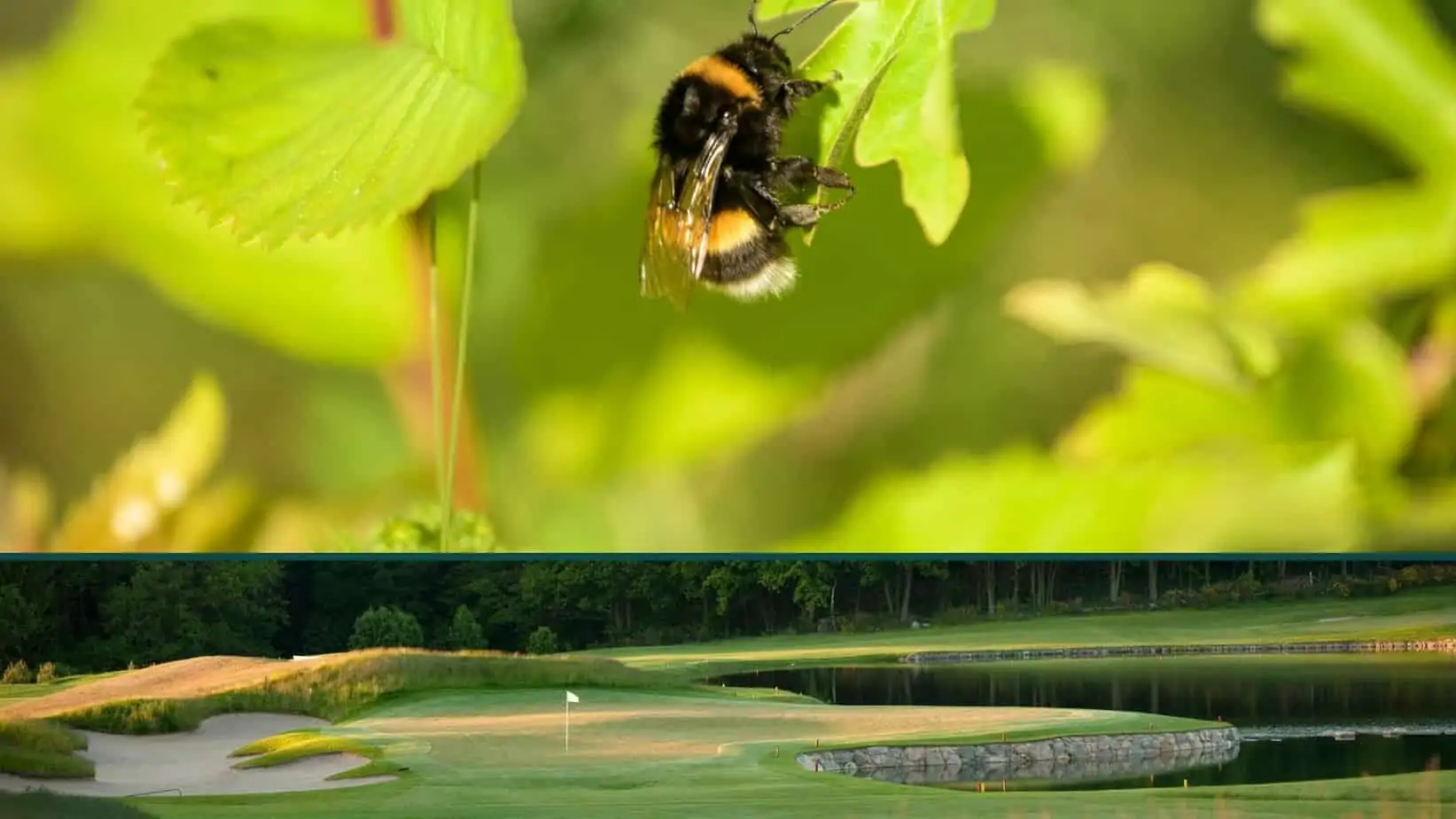The federal insect protection package had no short-term effects
Last week, the German Bundestag and Bundesrat decided on the insect protection package that had been discussed for a long time. Among other things, it provides for the protection of biotopes that are important for insects, such as meadow orchards, and a procedure for reducing insect-damaging light pollution. In addition, the amended Plant Protection Application Ordinance includes a significant reduction in the use of pesticides and the phasing out of glyphosate by the end of 2023.
To what extent are golf courses acutely affected by the new legislation?
“At the moment, this does not result in any current regulations, since the law still has to be implemented in state regulations,” explains Marc Biber, Head of Environment & Course Maintenance at the German Golf Association . If there are changes to golf courses in the implementation of the law in the individual federal states, the DGV plans to consult a specialist lawyer for a precise presentation of the relevant details for the individual regions.
Changes could result, for example, from the fact that meadow orchards or nutrient-poor grassland are declared biotopes. Here, Biber points out once again that long-term planning and allocation of areas is generally essential for golf courses.
Lighting on driving ranges must be insect friendly
In addition, the changed light protection regulation contains details that could also affect golf courses after the trend towards illuminated putting greens or driving ranges continues. Here it makes sense to convert to alternative light sources with a different light color and spectral distribution. Even the economically sensible LED light sources are only suitable for use if they have an insect-friendly light spectrum.
With regard to the plant protection regulations and the issue of glyphosate, there are currently no changes pending either. “Glyphosate is not used in golf anyway,” explains Biber. “If someone on a golf course used it to control weeds on patios or pathways, it wasn’t lawful. On the golf courses themselves, the plant protection regulations are very restrictive anyway.”








